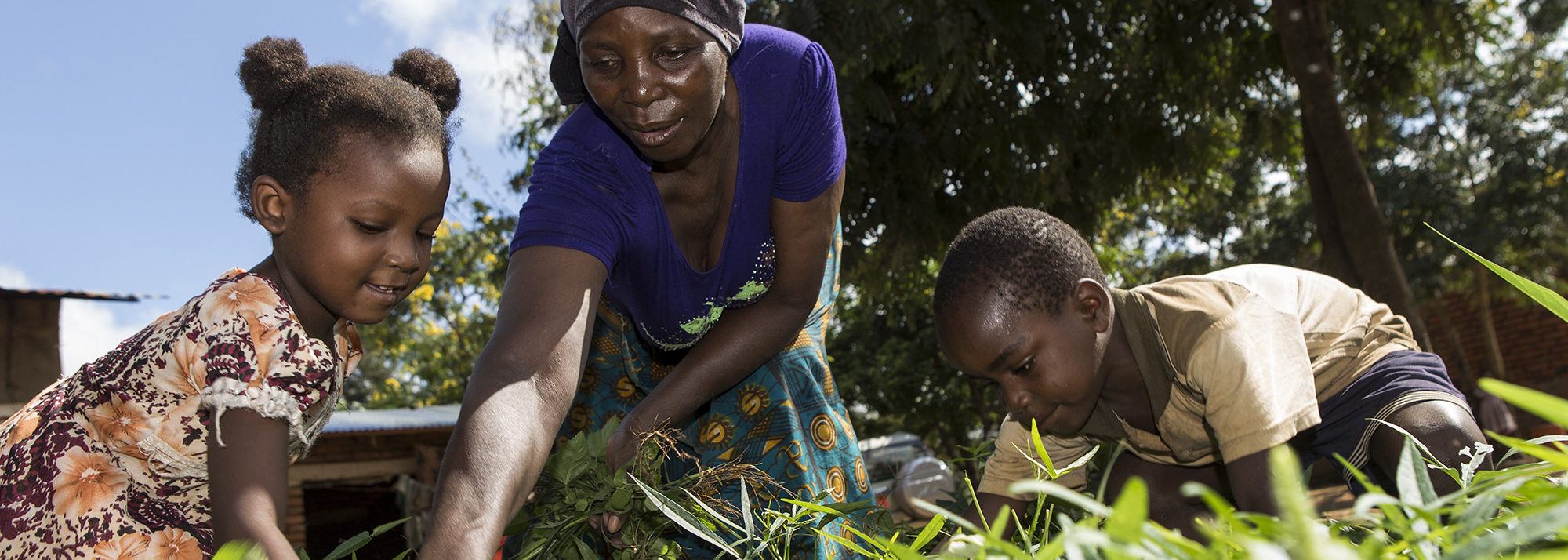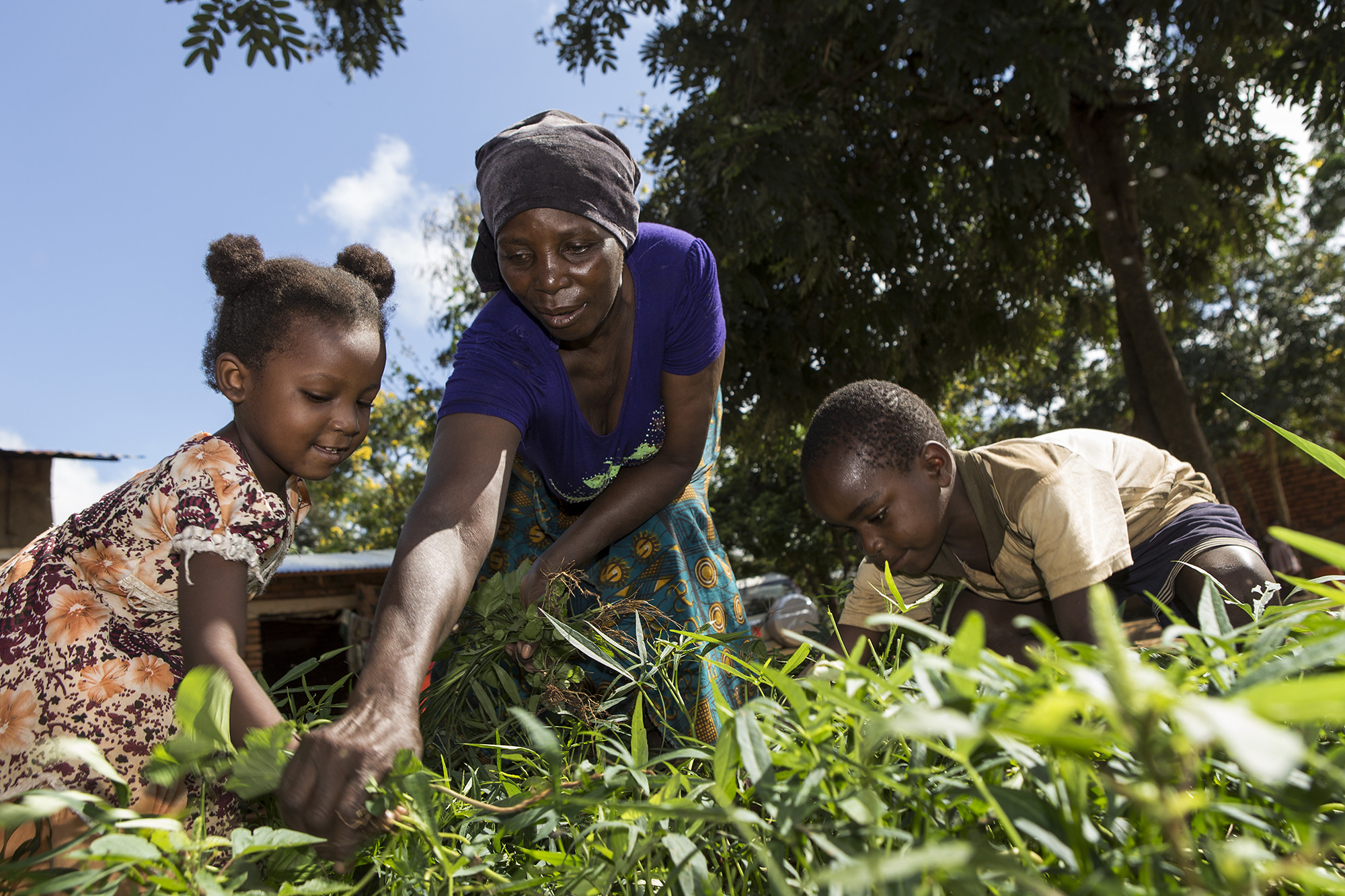Published: 07/09/2021
Lack of capacity to collect and treat human waste in low-income communities endangers human and environmental health. Through collaborative work at Stanford and in Durban, South Africa, this project aims to increase sustainable sanitation access, preserve aquatic ecosystems, and support sustainable agriculture by locally producing fertilizer from wastewater with reduced environmental impacts.
Specifically, this research will use new methods for capturing and treating urine in wastewater, both to remove harmful nitrogen and pharmaceuticals from the water cycle and to recapture nitrogen for use as fertilizer. The project team will focus on a new wastewater treatment process called electrochemical stripping, developed by the Tarpeh Lab. They seek to evaluate the logistics and infrastructure needed to divert, collect, and treat urine in order to meet regional fertilizer and sanitation needs based on cost and environmental impacts. The fate of pharmaceuticals during this process will also be investigated to inform urine processing systems.
A key part of this project is our collaborations with researchers in Durban, South Africa, including public utilities, regulators, and academics from various disciplines.
Co-PI William Tarpeh
“We are most excited about informing the implementation of urine diversion and valorization to prevent water pollution, increase fertilizer access, and enhance sustainable sanitation infrastructure,” said Co-PI William Tarpeh. “A key part of this project is our collaborations with researchers in Durban, South Africa, including public utilities, regulators, and academics from various disciplines.”
Primary investigators: William Tarpeh, David Lobell
Funders: Stanford Center for Innovation in Global Health, Stanford Woods Institute for the Environment
Photo credit: US Aid Tanzania, Flickr

